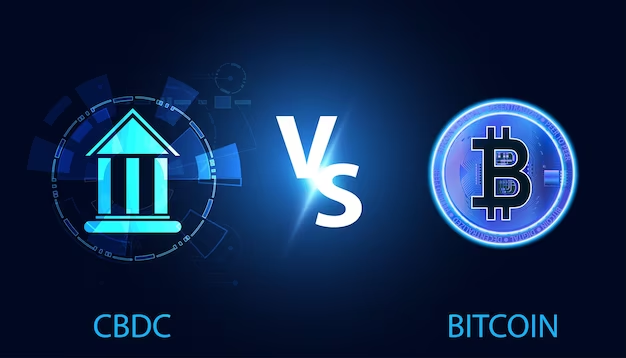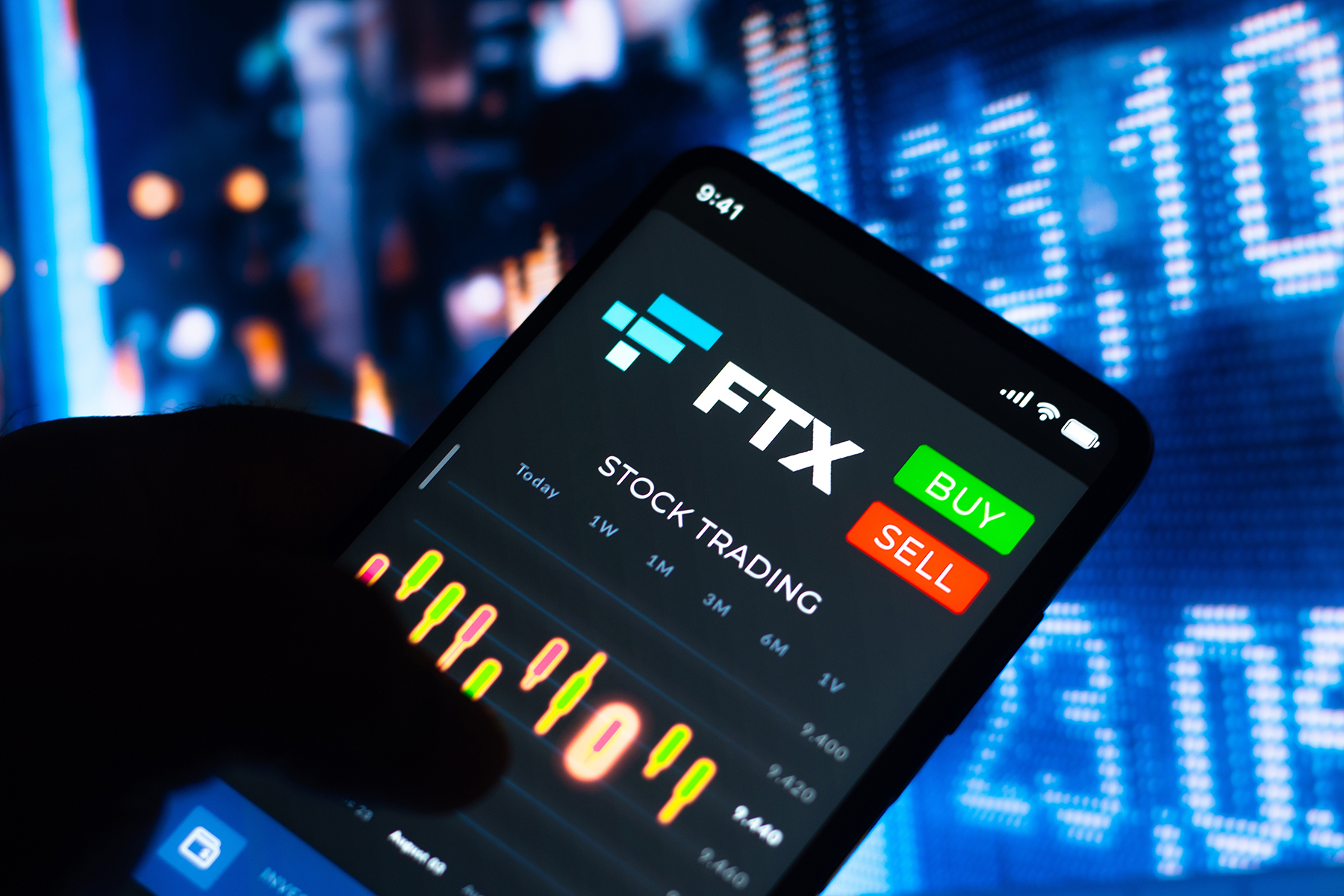What are Crypto ETFs?
Cryptocurrency ETFs are investment funds traded on stock exchanges, similar to stocks. They track the performance of one or more digital currencies, allowing investors to gain exposure to the crypto market without the complexities of direct ownership. This hybrid investment vehicle merges the traditional ETF structure with the volatility and potential of the cryptocurrency market.
How Does a Cryptocurrency ETF Work?
Pros of Crypto ETFs
1. Accessibility and Simplicity
Crypto ETFs democratize access to the crypto market. They eliminate the need for investors to engage with cryptocurrency exchanges, manage digital wallets, or understand blockchain technology in-depth. This simplicity opens the door for a broader range of investors, from novices to seasoned market players.
2. Diversification
One of the fundamental strategies in investing is diversification, and crypto ETFs offer this by pooling various cryptocurrencies. This spread of investment can potentially mitigate risk, as the impact of volatility in any single cryptocurrency may be balanced by the performance of others in the ETF.
3. Regulatory Oversight
Being regulated financial products, crypto ETFs often provide a sense of security and legitimacy that direct cryptocurrency investments might lack. This regulatory framework can offer protections and standards that are reassuring to investors.
4. Liquidity
Crypto ETFs are traded on established stock exchanges, ensuring higher liquidity compared to traditional cryptocurrency trading. This liquidity means investors can quickly enter or exit positions, providing flexibility and ease in managing their investments.
5. Tax Efficiency
Investing in crypto ETFs can be more tax-efficient than direct investment in cryptocurrencies. The structure of ETFs often allows for more favorable tax treatment, particularly regarding capital gains.
Cons of Crypto ETFs
1. Limited Control and Flexibility
Investors in crypto ETFs don’t own the actual cryptocurrencies, meaning they cannot participate in specific crypto-centric activities like staking or using tokens for transactions. This lack of control can be a significant drawback for those who value direct interaction with the crypto market.
2. Fees
Management and operational fees are inherent to ETFs, including those tracking cryptocurrencies. These fees can impact the overall profitability of the investment, especially when compared to direct cryptocurrency investments, which may have lower transaction costs.
3. Market Risk
The volatility of the cryptocurrency market is well-documented, and crypto ETFs are not immune to these fluctuations. While diversification can mitigate some risk, the inherent volatility of the underlying assets can lead to significant price swings.
4. Limited Options
Currently, the variety of available crypto ETFs is relatively limited, especially compared to the broader cryptocurrency market. This limitation means that investors might not find an ETF that aligns perfectly with their investment preferences or risk appetite.
5. Regulatory Changes
The regulatory environment for cryptocurrencies is still evolving. Potential changes or tightening regulations could significantly impact the performance and legality of crypto ETFs.
Investing in the dynamic and ever-evolving world of cryptocurrencies can be approached in two primary ways: through Crypto ETFs or by directly purchasing cryptocurrencies. Understanding the distinct characteristics and implications of each method is crucial for investors looking to delve into this digital asset class.
Crypto ETFs: A Convenient Option with Certain Trade-offs
Crypto ETFs represent a more straightforward route for most investors to enter the cryptocurrency market. The ease of trading these ETFs, much like any other fund, is a significant advantage. They can be bought and sold within the same brokerage account where other investments are held, offering a seamless integration with traditional investment portfolios.
However, this convenience comes with certain drawbacks. Notably, Crypto ETFs often entail higher fees compared to direct cryptocurrency purchases. These fees can be attributed to the management and operation of these funds. Moreover, investors in Crypto ETFs typically experience less control over their investments. Since they do not own the actual cryptocurrencies, they cannot engage in activities specific to crypto holders, such as participating in staking or using the tokens for specific transactions.
Direct Cryptocurrency Investment: Complexity with Greater Control and Lower Fees
On the other side of the spectrum is the direct purchase of cryptocurrencies. This route, while more complex and possibly daunting for many investors, offers distinct advantages. Direct investment in cryptocurrencies allows for more granular control over the transactions. Investors can buy or sell exact amounts of a coin, even down to very small fractions, offering a high degree of precision in investment decisions.
A key benefit of this method is the lower associated fees. Without the intermediary costs of fund management that come with ETFs, direct investors can potentially maximize their returns. Additionally, the cryptocurrency market operates around the clock, providing the flexibility to trade at any time, unlike traditional stock markets.
Regulatory Considerations in Cryptocurrency Investments
A pivotal aspect to consider, irrespective of the investment method chosen, is the regulatory landscape surrounding cryptocurrencies. The regulatory environment for crypto assets is in a state of flux and can shift rapidly, impacting both the value of cryptocurrencies and the operation of funds linked to them.
One notable point of attention is the scrutiny of spot Bitcoin ETFs by regulatory bodies like the U.S. Securities and Exchange Commission (SEC). These funds, unlike their derivative-based counterparts, would invest directly in cryptocurrencies, thereby more closely mirroring the actual movements of the crypto market. Furthermore, the legal status of cryptocurrencies varies significantly across jurisdictions. Due to their use in illicit activities such as smuggling or money laundering, some regions have imposed strict regulations or outright bans on virtual currencies. Any increase in regulatory oversight could lead to substantial shifts in the value of cryptocurrencies.
What Is the Largest Crypto ETF?
As of mid-October 2023, the largest crypto ETF is the ProShares Bitcoin Strategy ETF (BITO), with about $850 million in bitcoin under its management.
Conclusion
Crypto ETFs offer an innovative pathway into the world of digital currencies, combining the familiarity of traditional investment mechanisms with the potential of cryptocurrencies. While they present unique advantages like accessibility, liquidity, and regulatory oversight, they also carry risks such as market volatility, limited control, and potential regulatory shifts. As the crypto landscape continues to evolve, so will the nature and impact of these investment vehicles. It’s essential for investors to stay informed, consider their personal investment goals, and approach crypto ETFs with a balanced perspective.




















